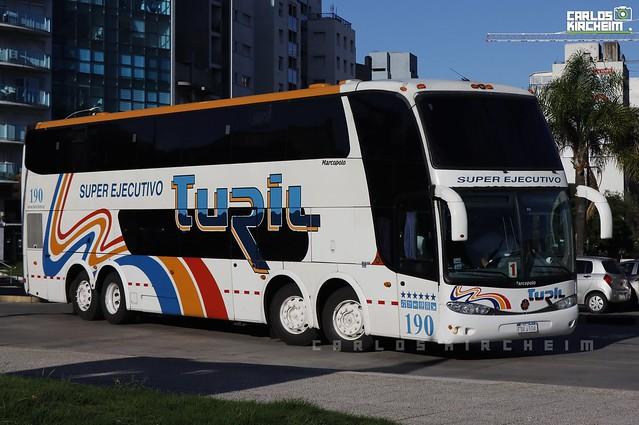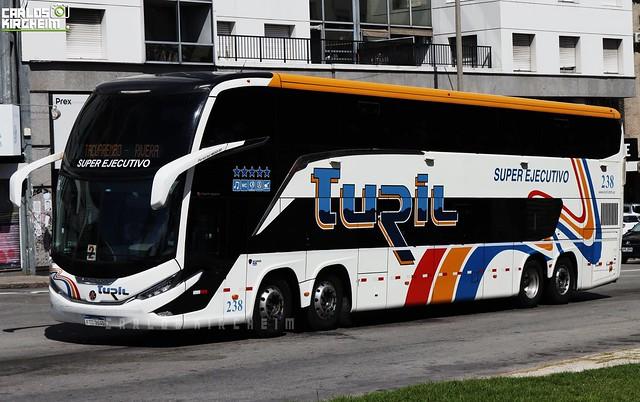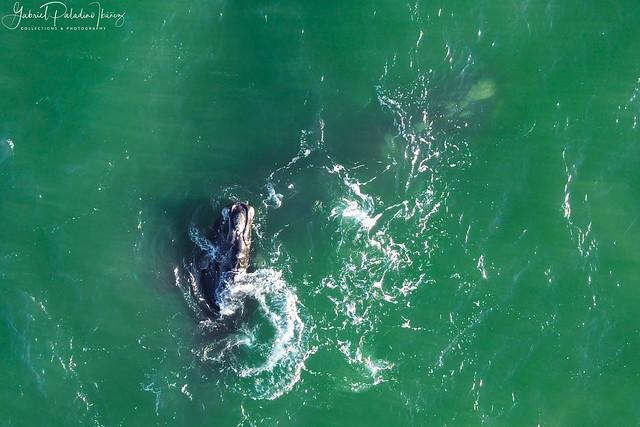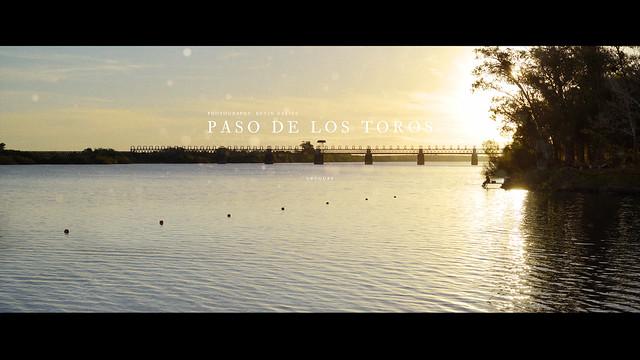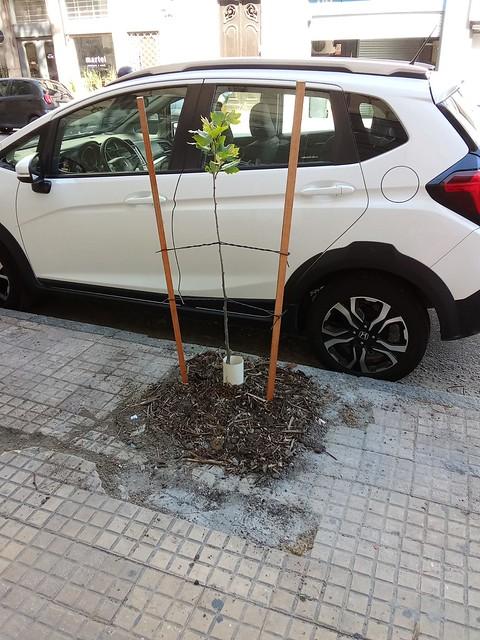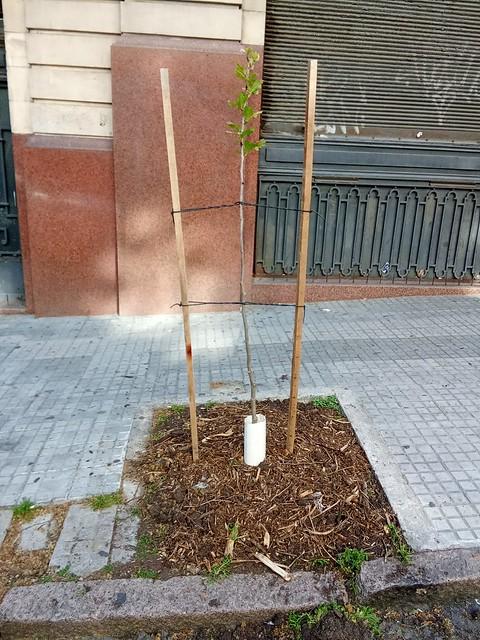Rivera
Overview
Overview of Rivera, Uruguay
Rivera is a captivating state located in the northern part of Uruguay, right at the border with Brazil. This unique geographical position makes Rivera a cultural melting pot, blending Uruguayan and Brazilian traditions, which is evident in its bilingual population, cuisine, and festivities. The state is famous for its vibrant atmosphere, particularly during carnival season, when the streets come alive with music and dance that reflect a fusion of both cultures. Rivera also offers a range of shopping opportunities, thanks to its status as a duty-free zone, attracting both tourists and locals looking for good deals on a wide variety of goods.
Tourism and Activities
The high season for tourism in Rivera is during the Southern Hemisphere summer months, from December to March. During this period, the weather is typically warm and sunny, making it an ideal time for exploring the outdoors. Visitors can enjoy activities such as hiking and bird-watching in the rural areas or take part in the lively festivals that occur throughout the season. The Carnival in Rivera, which usually takes place in late February or early March, is a particularly exciting time to visit, offering a chance to experience its unique cultural festivities that include parades, samba music, and elaborate costumes.
Preparation for Travel
Before traveling to Rivera, it's important for visitors to prepare adequately to ensure a smooth and enjoyable trip. Essential travel documents include a valid passport and, depending on your country of origin, a visa may also be required; it’s advisable to check the latest entry requirements with the nearest Uruguayan embassy or consulate. Since Rivera is a bilingual region where both Spanish and Portuguese are spoken, learning some basic phrases in these languages can enhance communication and enrich the travel experience. Additionally, visitors should pack appropriately for the season they are visiting in, with lightweight clothing and sun protection for summer visits, and warmer layers if planning to go during the cooler months. Lastly, it’s beneficial to have local currency (Uruguayan Peso) for small purchases, although many places also accept Brazilian Reals.
How It Becomes to This
History not available

You May Like
Explore other interesting states in Uruguay
Discover More Area
Delve into more destinations within this state and uncover hidden gems.


